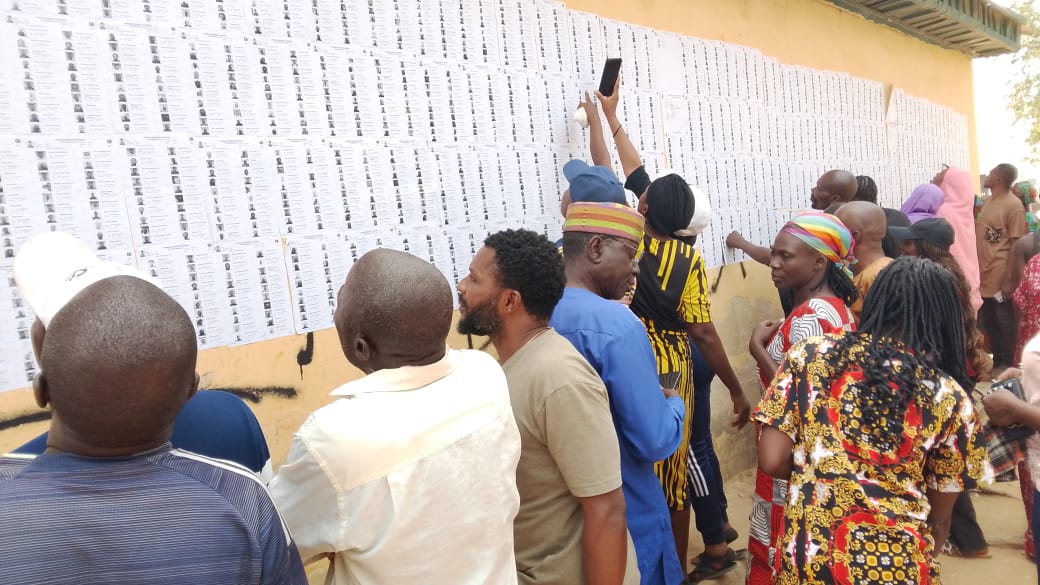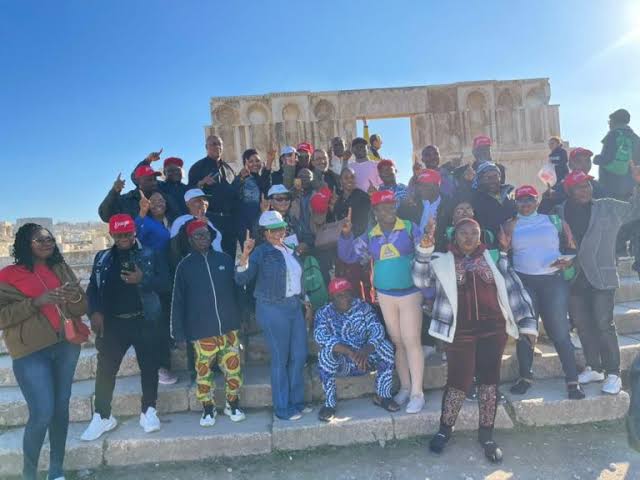A non-profit human rights organisation in Nigeria, Lawyers Alert has launched a report on Sexual AndReproductive Health and Rights related violations in the country.
The report, according to a statement, is a compendium of SRHR violations in Nigeria covering 2017, 2019, 2020 and 2021. It is presented in three parts.
The first part, it said gives a summary of states with the highest violation rates. The second part shows violation analysis based on the group. The final part of the report summarises violation rates based on LGAs, age & groups.
In the report, the Federal Capital Territory (FCT) had the highest violations twice, in 2017 and 2019 respectively, while Lagos also topped twice in 2020 and 2021. Benue had the second highest violations in 2017, 2020 and 2021 respectively.
Across the different groups, emotional and verbal abuse topped the list of violations, ranging between 19-40% with Female Sex Workers aged between 25 – 40 most emotionally and verbally abused at 73 per cent.
The Lawyers Alert’s community-based documentation of SRHR detailed the violations across the Nigeria
The President of Lawyers Alert, Bar. Rommy Mom said Sexual and Reproductive Health and Rights are important and fundamental to individuals ability to lead healthy and fulfilling lives, saying that Lawyers Alert chose to do this in order to provide additional data for SRHR.
He said These rights include the right to make informed decisions about our bodies, our sexual and reproductive health and in fact our relationships as well as the right to access information, education and services we need to protect our sexual health and well-being.
According to him, “There is no doubt that much has been done with regard to data collection in this sector. For instance, the Nigeria Demographic and Health Survey collects data on a range of health issues including sexual and reproductive health. That is only one amongst a number of other institutions equally doing a good job of gathering this data.
“However, gaps can sometimes be spotted in areas such as those pertaining to sexual and gender based violence, for instance. And yet such data is critical to policy formulation and other equally important protocols. Sexual and Reproductive Health and Rights are critical to the overall health and well-being of individuals and communities. We know that in Nigeria these rights are often not adequately protected or respected.
“Indeed other challenges to sexual and reproductive health in Nigeria include a lack of access to comprehensive sex education, limited availability of contraception and other reproductive health services in addition to the high rates of gender based violence.
“These challenges disproportionately affect marginalized communities including young people, women and the LGBTQ+ community.”
Mom said it is essential that both the Nigerian government and actors in the Civil Society space work together to ensure that people have access to the information, services, and support they need to exercise their sexual and reproductive health and rights.
He charged government to ensure comprehensive sex education among people, expand access to contraception and other reproductive health services, and also to implement policies and programs to prevent and respond to gender based violence.
He charged all stakeholders towards eliminating the social stigma and discrimination that often prevent individuals from accessing the health care and support they need.













